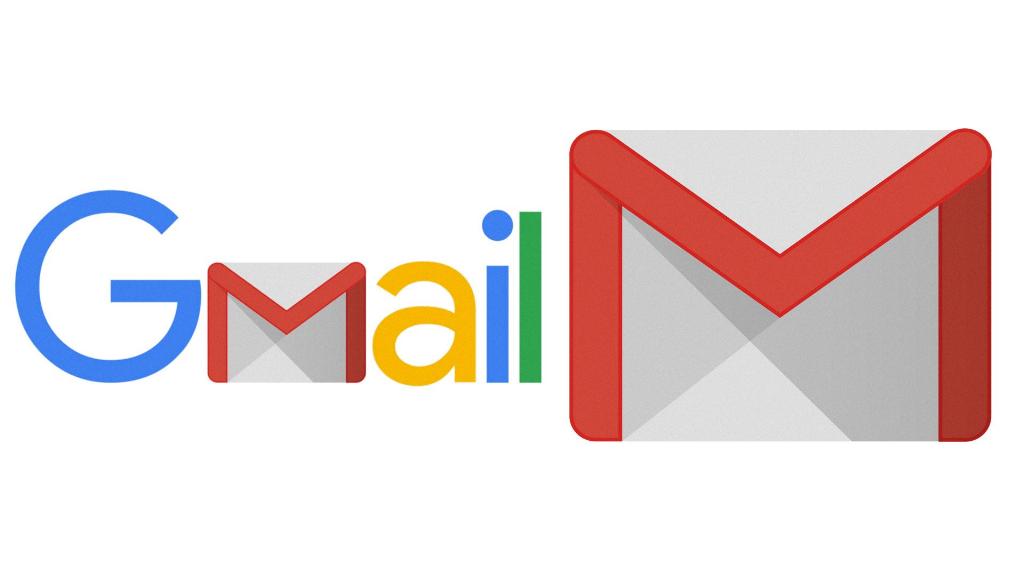Accessing your archived emails in Gmail is a simple process that involves logging into your Gmail account with your email address and password. Once you have logged in, you can navigate to the Gmail dashboard to locate the “All Mail” folder where your archived messages are stored.
Locating the “All Mail” Folder
Within the Gmail dashboard, you can easily find the “All Mail” folder where all your emails, including the archived ones, are stored. This folder serves as a repository of all the emails you have received or sent, whether they are archived or not.
Searching for Archived Emails
To search for specific archived emails within the “All Mail” folder, you can utilize the search bar provided in Gmail. Simply enter keywords, sender names, or any other relevant information to narrow down your search and locate the archived emails you are looking for.
Retrieving Archived Emails
Once you have found the archived email you want to read, you can easily retrieve it by moving it back to your inbox. This process allows you to bring the archived email back to the forefront of your mailbox for easy access and viewing.
Understanding the Purpose of Archiving Emails
Archiving emails in Gmail is a useful feature that helps you declutter your inbox without permanently deleting important messages. By archiving emails, you can store them safely in the “All Mail” folder while keeping your primary inbox organized and free from unnecessary clutter.
Organizing Your Archived Emails
You can further organize your archived emails by creating labels, folders, or categories to sort them based on specific criteria. This allows you to easily categorize and access archived emails based on their content, importance, or any other relevant factors.
Managing Your Email Storage Space
Archiving emails also helps in managing your email storage space effectively. By archiving older or less important emails, you can free up space in your inbox and ensure that you have enough storage capacity to receive new emails without any issues.
Setting Up Filters for Archiving Emails
You can set up filters in Gmail to automatically archive emails that meet certain criteria. This automation can help you streamline the archiving process and ensure that relevant emails are archived without manual intervention, saving you time and effort.
Accessing Archived Emails on Multiple Devices
Once you have archived emails in Gmail, you can access them from multiple devices seamlessly. Whether you are using a computer, smartphone, or tablet, you can easily view and retrieve archived emails as long as you are logged into your Gmail account.
Retaining Important Information
Archiving emails is an effective way to retain important information, documents, or conversations that you may need to refer back to in the future. By archiving emails instead of deleting them, you can ensure that valuable content is preserved for future reference.
Regularly Reviewing Archived Emails
It is a good practice to regularly review your archived emails to ensure that you are not missing any important messages or follow-ups. By staying organized and periodically checking your archived messages, you can stay on top of your email correspondence and respond promptly to any outstanding emails.

Conclusion
In conclusion, accessing and reading archived emails in Gmail is a straightforward process that allows you to effectively manage your email communications. By utilizing the features and tools provided by Gmail, you can easily retrieve, organize, and retain archived emails for future reference, ensuring that you have a well-maintained and efficient email system.
